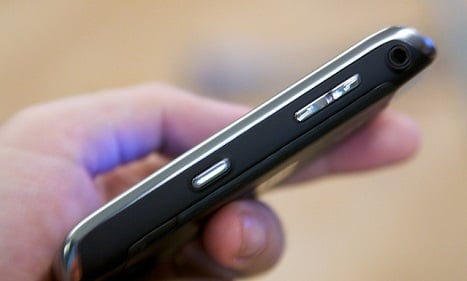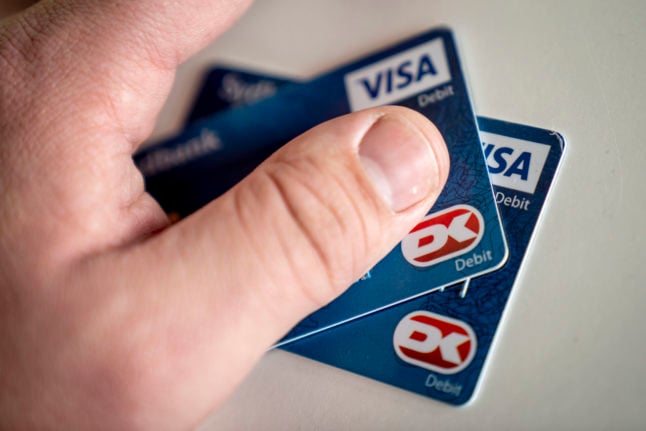Danes are increasingly paying for everyday purchases with their smartphones, Berlingske Business reported on Thursday. Some 1.25 billion kroner worth of transactions were made over the phone in May this year, which is a full 826 million more than in the same period last year.
In comparison, while 31.2 billion kroner worth of transactions were made via the traditional Dankort – the national debit card – this only amounted to a growth of 2.1 percent over last year. There has been a decline in physical Dankort transactions however, while online purchases have increased by 25.6 percent.
Every fifth Dane regularly uses the Danske Bank app Mobile Pay, which is expected to become increasingly popular as more stores begin to allow this form of transaction.
In March, the supermarket chain Dansk Supermarked – which operates Netto, Føtex, Bilka and Salling stores – announced a partnership with Danske Bank that will allow shoppers to pay with their phone at the chain’s 556 stores nationwide.
See also: Danish supermarkets allow paying by phone
The increasing popularity of being by phone could be another sign that Denmark is quickly on its way to becoming a cashless society. Last month, the government cleared the way for shops to decide for themselves if they want to continue operating in cash.
Regardless of how Danes spend their money, Johan Juul Jensen from Nykredit told Berlingske Business that increased consumer confidence is likely to lead to increased spending.
Chief analyst at Nordea, Tore Stramer, agreed that there are good indications that Danish consumer spending is bound to increase further.
“But it is still too soon to conclude if consumer spending has accelerated further over the past spring,” he told Berlingske.



 Please whitelist us to continue reading.
Please whitelist us to continue reading.
Member comments